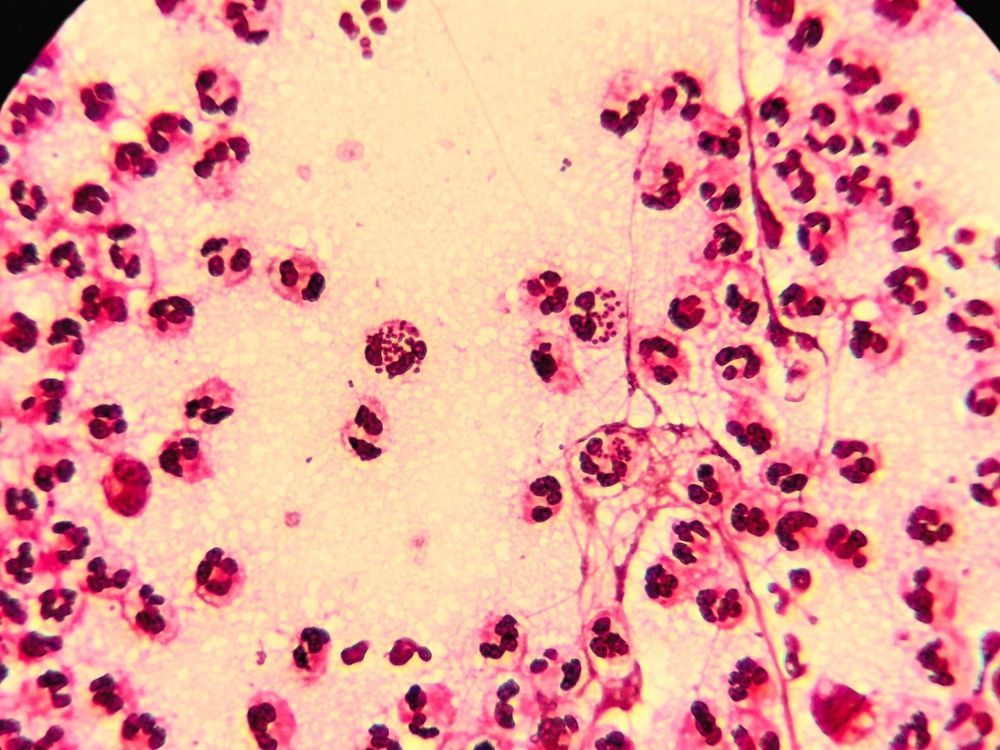Considering Your First Steps To Getting an Abortion
Share this Article:
If you are considering abortion, and wonder what to do first, come to see us at Pregnancy Care Clinic . We know what you are going through—the fear, confusion, and the chaos, where even the simplest task seems overwhelming. We can help you find the peace and strength that is still there inside you.
You are more resilient than you most likely feel right about now. You do have some decisions to make, and they are important, but we will be there by your side, answering your questions, giving you the crucial information you need, all in a caring and non-judgmental environment. Below, we cover a few of the first steps to getting an abortion so you know what to expect and you never feel alone.
We are Your First Step
Coming in to see us at Pregnancy Care Clinic is your first step. Sure, we know you took a home pregnancy test, but those aren’t always accurate. There are a number of different things that can throw those tests off, from using an expired test to not taking it correctly. We will provide you with a no-cost pregnancy test administered by our licensed medical staff to verify your home test results.
Stay for an Ultrasound
If the pregnancy test comes back positive, the next step is to accept our offer of a no-cost ultrasound. This is an essential step because it tells you not only the gestational age (how far along your pregnancy is), but also if the pregnancy is ectopic (a dangerous situation requiring medical care), and if the pregnancy is viable–if it is likely to continue or not. If a pregnancy is not viable, then you can expect the pregnancy to end in miscarriage.
Knowing if a miscarriage can be expected will help you avoid paying for an abortion you may not need. Miscarriage happens in up to 25 percent of pregnancies [1]. Close to 80 percent of those will happen during the first 12 weeks, many before a woman even knows she is pregnant.
Do You Have an STD?
When considering an abortion, and what to do first, the next important step following a positive pregnancy test and ultrasound is being tested for an STD. While we don’t perform that test at this time, we will provide you with information and can refer you to a nearby clinic who does.
Don’t be fooled into thinking you aren’t at risk just because you have no symptoms, as this is often the case. If you have an abortion with an untreated STD, you run a high risk of having the bacteria move into your reproductive tract during the abortion procedure and turning into pelvic inflammatory disease (PID) [2]. PID can cause chronic pain and problems with fertility later on.
Questions to Ask
If you choose to have an abortion, make sure to be informed and get all the information you need. There are several types of abortion depending on how far along you are in your pregnancy. Abortion is not as simple a procedure as you might think and it does come with risks.
There are some questions you should ask the provider before you sign a consent for treatment. We have a comprehensive list of those questions you may want to ask. Also, when you come in, we will give you factual and unbiased information on abortions, so you have all the information you need to make an empowered and thoughtful decision about what path is best for you.
[1] Todd, N. (2017, July 13). Miscarriage symptoms, causes, diagnosis, and treatment. Retrieved from https://www.webmd.com/baby/guide/pregnancy-miscarriage#1
[2] PID: pelvic inflammatory disease. (2015, December 11). Retrieved from https://americanpregnancy.org/womens-health/pelvic-inflammatory-disease/




